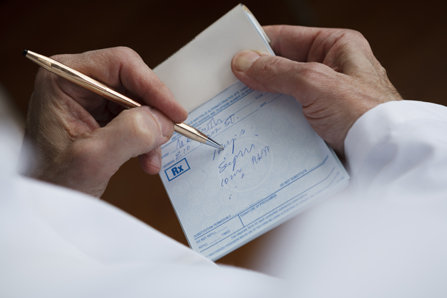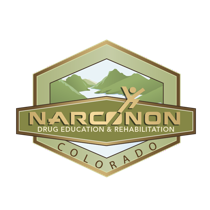Pill Pushing Doctors Are Facing Legal Consequences for Criminal Behavior

In mid-April of 2019 sixty people were charged in connection with illegally prescribing and distributing addictive prescriptions for opioids and other drugs. Thirty-one of the individuals were doctors and fifty-three were some form of a medical professional. Between these individuals, 32 million pills were distributed and 350,000 prescriptions were written.
The investigation, which began last year, was conducted by the federal Appalachian Regional Prescription Opioid Strike Force. The defendants have been charged with unlawful distribution of opioids and other prescription narcotics, and various other fraud-related offenses.

The federal Appalachian Regional Prescription Opioid Strike Force was created to help combat the devastating effects of the addiction crisis the United States is currently facing. According to Attorney General William P. Barr, “The opioid epidemic is the deadliest drug crisis in American history, and Appalachia has suffered the consequences more than perhaps any other region.”
The crackdown focused on some of the states that have been hit hardest. Most of the charged individuals came from Ohio, West Virginia, Alabama, Tennessee, and Kentucky. Two people came from Pennsylvania and Louisiana. Ohio and West Virginia have a history of having the highest rates of drug overdose deaths per year in the United States.
A laundry list of appalling and unethical accusations have come to surface during this investigation which included, but are not limited to:
- A nurse practitioner who referred to himself as the “Rock Doc” was accused of trading prescriptions for fentanyl, benzodiazepines, and oxycodone for sexual favors.
- A Kentucky doctor was accused of writing prescriptions for his Facebook friends who would then pick them up from his home.
- A dentist in Kentucky has been accused of pulling teeth that did not need to be removed in order to justify writing prescriptions for painkillers, scheduling unnecessary follow up appointments and writing prescriptions that did not have a legitimate medical purpose.
- An Alabama doctor has been accused of recruiting prostitutes to becomes patients at his clinic and allowing them to use illicit drugs in his home.
- One medical practitioner allegedly billed Medicare for testing that was not medically necessary and for testing that was not done.
- A surgeon in West Virginia allegedly used fraudulent prescriptions in the names of relatives to obtain tablets of acetaminophen-codeine for personal use.
- One doctor has been accused of prescribing a highly excessive amount of prescriptions which included approximately 600,000 benzodiazepine pills, 500,000 hydrocodone pills, 300,000 oxycodone pills, and 1,500 fentanyl patches in a three year period.
- A pharmacy in Dayton, Ohio was flagged for dispensing 1.75 million pills within a two year period.
Other questionable behavior by some of these doctors that were reported included:
- Writing over 100 prescriptions in a day.
- Having a pharmacy right outside of the waiting room.
- Requesting and preferring cash payments for services.
- Billing Medicare for prescribing medically unnecessary equipment.
- Prescribing dangerous combinations of benzodiazepines and opioids.
- Charging patients a “concierge fee” of approximately $50 per visit or $600 per year.
- A doctor who left signed blank prescriptions for other staff members to use and fill out in his absence.
- Continuing to prescribe high doses of opioids to patients who had failed drug screens and were known to be addicts.

It is important to note that not all doctors are bad, but it is certainly true that there have been many out there who are taking advantage of their trusted positions. When doctors begin acting more like drug dealers than medical professionals they need to answer for their crimes.
While these individuals cannot be completely to blame for the current crisis the United States is facing, they did play a major role in this monumental problem. The Centers for Disease Control (CDC) reports that 130 Americans die every day from some form of an opioid-related overdose. These are not just abstract numbers, these represent mothers, fathers, children, friends, and loved ones. It is well past time that people start being held accountable for the parts they have played in creating this heartbreaking mess.
Resources:
- https://www.cdc.gov/drugoverdose/epidemic/index.html
- https://www.statnews.com/2019/04/17/doctors-charged-illegal-prescription-opioid-crackdown/
- https://www.healthleadersmedia.com/multistate-opioid-fraud-bust-snares-31-docs-8-nurses-7-pharmacists
- https://www.npr.org/2019/04/17/714014919/nearly-60-docs-other-medical-workers-face-charges-in-federal-opioid-sting


